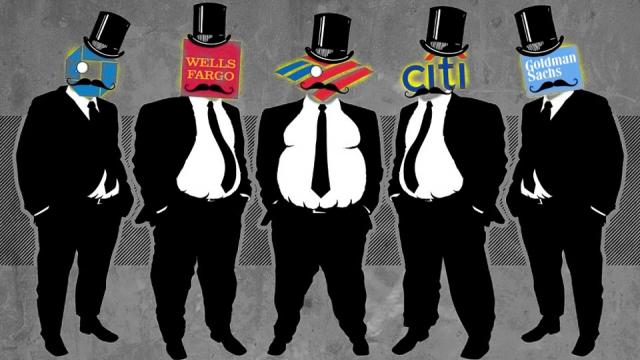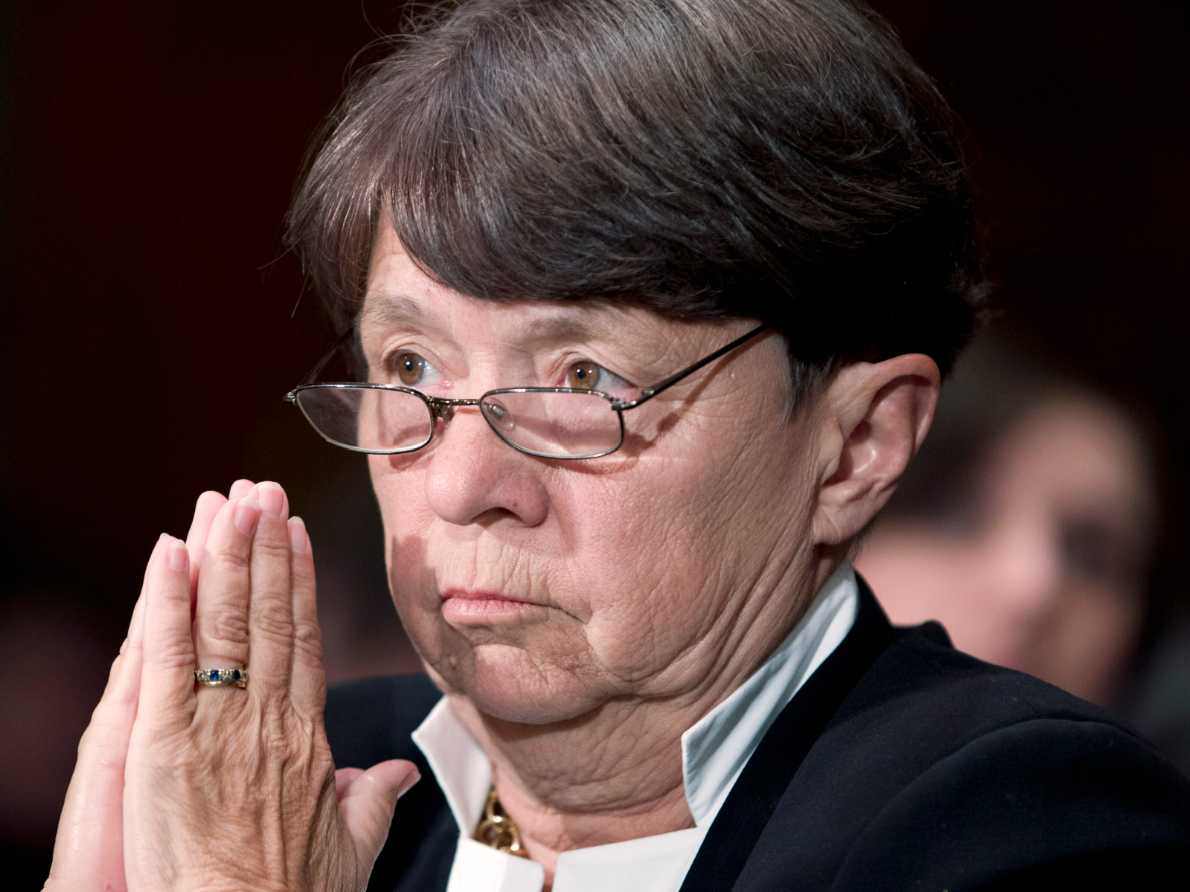
In post-Citizens United America, there is growing concern that the ability for corporations to anonymously funnel money into politics – with no need to disclose these donations to voters, election officials or their own shareholders – will corrupt the political process. Democrats have previously tried and failed to pass the Disclose Act, which would require greater disclosure of donors – but with a divided Congress, many in Washington see bringing meaningful transparency to campaign finance an utterly impossible task.
Still, there is another way to achieve the disclosure of corporate political donations that doesn't require Congress at all: the administration could simply propose new regulations under its existing authority. Unfortunately, despite having a Democratic chair – Mary Jo White – the Securities and Exchange Commission, which could mandate such disclosures, is either too intimidated (or too captured) to act.
Despite congressional shenanigans, blame for regulatory inaction on the issue sits squarely on the shoulders of the Democrat-led SEC. After adding a political disclosure rule to its 2013 agenda, the agency quietly dropped the rule for this year. SEC spokesman John Nester implied it was a capacity issue, noting that the agenda is its "best estimate as to what would be ready for Commission consideration by fall of 2014."
But we're already halfway through the year and the agency has made time for other "discretionary" activities: a pilot program to allow some stocks to trade in 5-cent increments rather than pennies, and a roundtable considering new regulations for the companies that advise institutional investors (a priority of the pro-business Chamber of Commerce).
House Republicans, of course, have stepped in, which gives the agency a convenient excuse for their inaction.
Last May, Republicans on the House Financial Services Committee warned White not to pursue the political disclosure rule. During the hearing, Rep Scott Garrett (R-NJ) went so far as to ask her to formally commit to removing the political disclosure rule from their regulatory agenda.
It would appear White – despite claims she is "apolitical" – heard him loud and clear. No proposed rule materialized, and seven months after Rep Scott Garrett requested it, the rule was removed from the agency’s 2014 agenda.
Not content to leave the SEC any opening to consider political disclosure rules in the future, House Republicans are now tinkering with the agency's budget in order to bury the issue forever.
Last week, the Republican-led House Appropriations Committee passed the bill to fund the SEC for $1.4 billion (a figure less than the marketing budgets for many Wall Street firms, and $300 million less than the budget requested by President Obama). Buried in the bill is a section that explicitly prohibits the SEC from using any funds from Congress to create political disclosure rules.
This Republican attempt to explicitly block the SEC from pursuing a political disclosure rule may seem overblown – they are essentially legislating that the dead horse must not rise again.
Democrats, to their credit, have tried to pressure the agency to keep pushing for a political disclosure rule. In April, when White appeared before the House Financial Services Committee, Rep Mike Capuano (D-MA) remarked that "the SEC has now taken a walk" on the issue. Before that, in January, 62 members of the House and 17 Senate Democrats signed letters to her urging action on a political disclosure rule – less than the 83 House and 50 Senate co-sponsors of the DISCLOSE Act.
It hasn't worked.
So how is it that Republicans' statements are so much more effective in influencing Mary Jo White's SEC? Some of her critics theorize that it's because she agrees with them. Prior to her role as Chair, she spent 10 years representing corporate clients like Bank of America and Morgan Stanley at the law firm Debevoise & Plimpton.
And last October, White gave a speech before Fordham Law school that included a critique of the usefulness of company disclosures to investors, even criticizing Congress for requiring companies – like those that manufacture electronics – to disclose if they use conflict minerals (a rule long opposed by Republicans and the future of which is uncertain due to recent court rulings).
The SEC's recalcitrance not only runs afoul of Democratic politicians – it's counter to a growing public interest in understanding companies' political spending. In 2011, a group of 10 academics petitioned the agency to develop rules requiring public companies to disclose political spending, arguing that such disclosure was important for shareholders. Many shareholders are already petitioning companies directly for these very disclosures: proxy advisory firm Glass Lewis found that the most common shareholder proposals of 2013 were those related to the political spending of a company. And nearly 1m people asked the SEC to pursue corporate political disclosure rules.
White’s decision to keep political disclosure rule off the 2014 agenda isn't a matter of a too-full regulatory plate, Republican appropriations tricks or a lack of popular support. It is a problem of political will.
3 WAYS TO SHOW YOUR SUPPORT
- Log in to post comments












